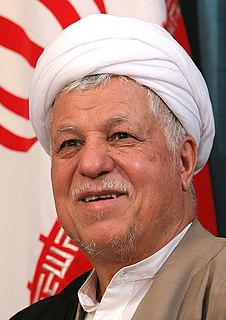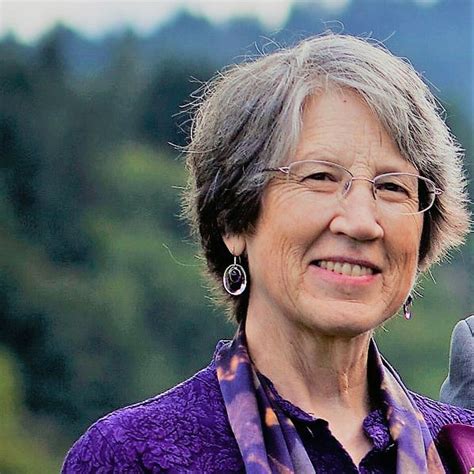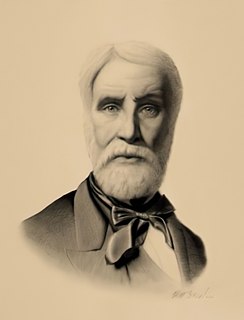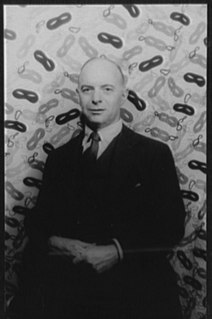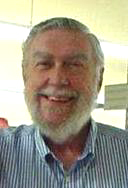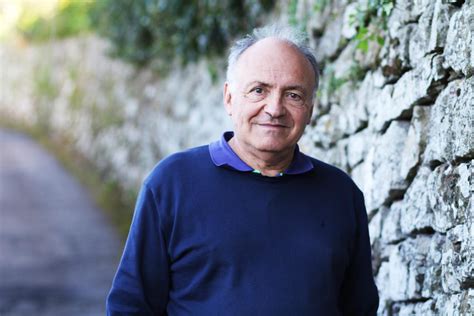A Quote by Akbar Hashemi Rafsanjani
Each department and institution has its own authorities and responsibilities, and they act on that basis. It is wrong to even compare such actions to what is done in Guantanamo or elsewhere by the Americans. They do not stand on a high moral platform to preach to others.
Related Quotes
I'm not saying that atheists can't act morally or have moral knowledge. But when I ascribe virtue to an atheist, it's as a theist who sees the atheist as conforming to objective moral values. The atheist, by contrast, has no such basis for morality. And yet all moral judgments require a basis for morality, some standard of right and wrong.
I don't only act out of my character; my character reacts to my actions. Each time I why, even if I'm not caught, I become a little bit more of this ugly thing: a liar. Character is always in the making, with each morally valenced action, whether right or wrong, affecting our characters, the people who we are.
In times of uncertainty, we tend to move away from deterministic world views. And when we try to find moral footing for our actions, we compare ourselves to the foil of all foils, the Nazi period. It's a quest for moral certainty by saying, "Even if we're not doing great these days, at least we're not the Third Reich." Which can be consoling or alarmist. There's always a present-day agenda behind it.
We must all work in harmony with each other to stand up for what is right, to speak up for what is fair, and to always voice any corrections so that the ignorant become informed and justice is never ignored. Every time a person allows an act of ignorance to happen, they delay our progress for true change. Every person, molecule and thing matters. We become responsible for the actions of others the instant we become conscious of what they are doing wrong and fail to remind them of what is right.
On a very rough-and-ready basis we might define an eccentric as a man who is a law unto himself, and a crank as one who, having determined what the law is, insists on laying it down to others. An eccentric puts ice cream on steak simply because he likes it; should a crank do so, he would endow the act with moral grandeur and straightaway denounce as sinners (or reactionaries) all who failed to follow suit. Cranks, at their most familiar, are a sort of peevish prophets, and it's not enough that they should be in the right; others must also be in the wrong.
The Christian is free from all other human beings. He does not have to live over against others, controlled by their actions and responses. Rather, he lives according to Christ's commands. This is Christian freedom. It is a freedom unknown by others. It is not just when others do the things that we like that we act properly toward them; we are free to do good even when they don't because our actions are not dependent on their responses. It is the Lord Christ when we serve!
We are now returning to the 18th century empirical approach with the new interest in the evolutionary basis of ethics, with 'experimental' moral philosophy and moral psychology. As a result, we understand better why moral formulas are experienced as ineluctable commands, even if there is no commander and even if the notion of an inescapable obligation is just superstition. So moral philosophy has made huge progress.
Any individual can contribute its own belief. And our society or even our government are made by the people. The people would have the final voice, but it requires each individual to act. If we don't act, then the result is very clear. So for too long Americans take liberty as granted. We think we are in the safe hand, the democracy and the liberty, which is not true. And it can be even getting much worse than today.
